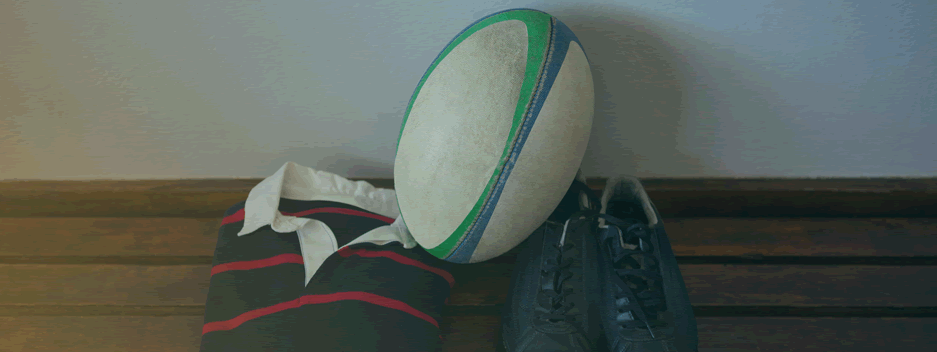Can Leo Cullen's Coaching Styles Lead Leinster All the Way?
- May 9th, 2018
- Tom Bean

Having started his playing career with Leinster as a schoolboy back in 1995, 23 years later, Leo Cullen finds himself at the helm of his boyhood club whom, come May 12th, he will lead out as coach in the European Champions Cup Final.
As Cullen moved through the ranks at Leinster, he was constantly seeking to broaden his rugby education both overseas in the southern hemisphere and at home in Dublin. It was clear to Cullen that coaching was a path he wanted to venture down after retiring and confesses himself that he 'always looked at head coaches; how they run the organisation, how they run the week and how they interact with players' (theirishtimes.com), something which has given him a great foundation to build his own coaching career upon.
The ability to manage squads, individuals and situations by calling upon different coaching styles is a skill all top coaches use in order to get the best out of their teams. Cullen is seemingly no different, mobilising certain styles to what the situation best suits. Sportplan has identified three main coaching styles: autocratic, democratic and laissez-faire. When looking at Leinster's success this season, it is clear to see how Cullen has frequented each of these to reach the final of arguably the biggest competition in club rugby.
A pragmatic character by nature, Cullen's laissez-faire coaching style is clear. When faced with losing senior players to their respective international duties, Cullen was first to acknowledge that despite not being the best for the team in the short-term, the players who step up gain invaluable experience as a result. During games, he looks to give players a free license and allows the newer players to grow into their roles and take ownership of decisions; this shift in responsibility over decision-making is a brave approach, however the success Leinster are having this term is a true advocate of how Cullen's ideas have resonated with the players.
Having already highlighted his ambition to constantly seek further education and knowledge in rugby, Cullen is always willing to learn and adopt different opinions and approaches, emphasizing how 'it's important that you're learning from different places, from different things'. The democrat looks to guide their players through shared decision-making and provides leadership through positive guidance. Cullen is no different, despite having his own ideas of how he likes to play, he is always open to absorbing new experiences to improve himself and his group of players.
The final coaching style that has lead Leinster to the final on May 12th is Cullen's autocratic nature. Although happy to allow the players to express themselves and make their own decisions on the pitch, during the week, the grip is somewhat tightened. When it comes to the training ground, he tells the players exactly how long they will be out on the pitch for and the intensity and quality levels expected of them. Autocraticity with the small factors ensures the players know exactly where they stand and what is required, giving them the confidence to offer opinions and make decisions when the opportunity is passed over to them.
The unification of each coaching style has clearly created a balanced and healthy atmosphere at the RDS Stadium which has each member of the squad working as part of a machine that only has European glory in its sights.
The Big Game
Leinster's boss is a great proponent of how to incorporate all three coaching styles to build a team prepared to overcome any challenge. Leo Cullen, Leinster RFC and a nation will be hoping all three styles can amalgamate on May 12th to bring the European Champions Cup back to Irish shores after a painful six year absence.
Leinster take on Racing 92 at Bilbao's San Mamés Stadium in the European Champions Cup Final on 12th May at 16:45 BST as they go in search of their fourth European title.
Discover the Sportplan Rugby Drills that you can use to build your own title winning team.